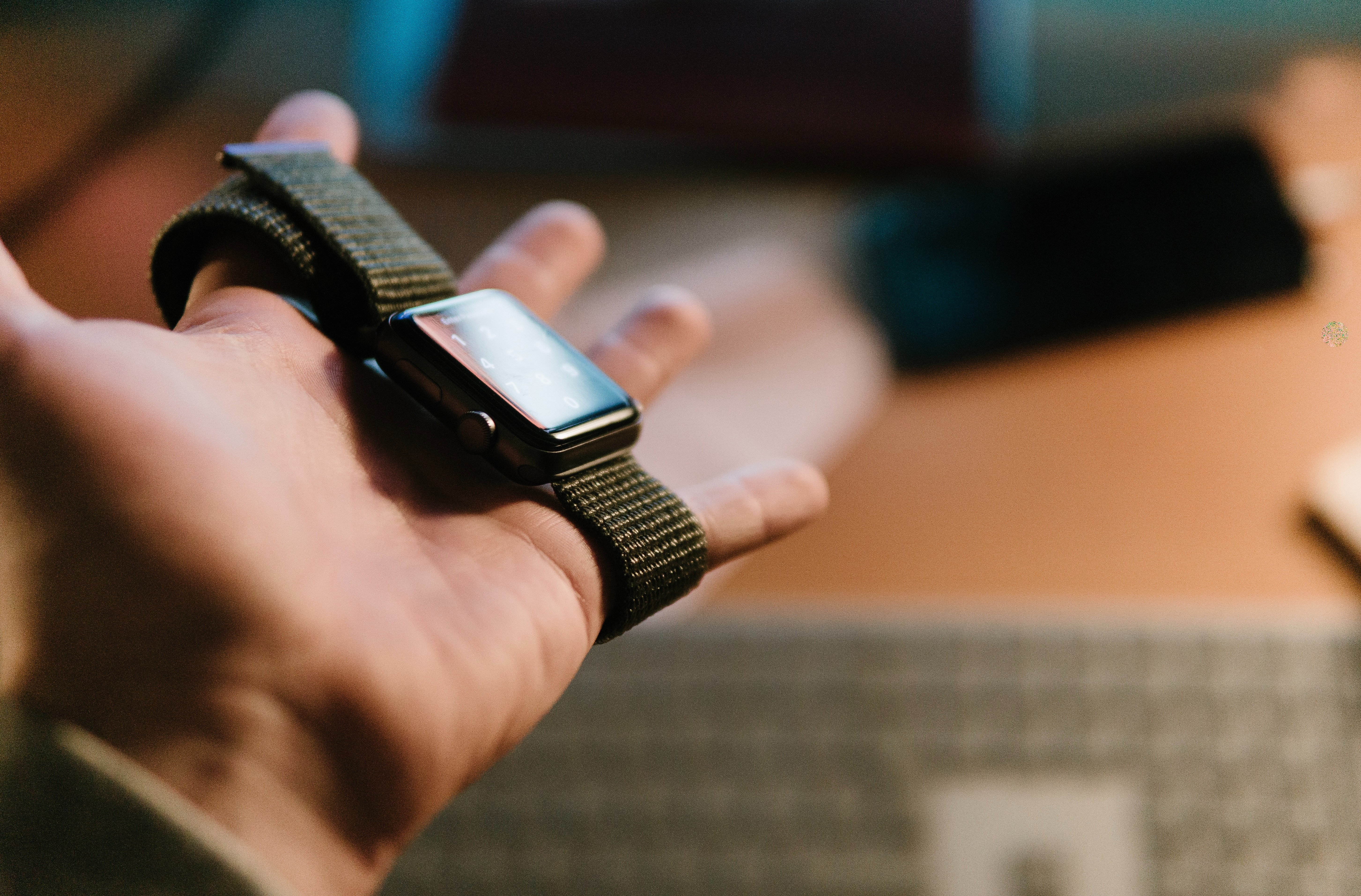#AANAM – Data Recorded from PKG Wearable Device May Help Clinicians Choose Better Treatment, Study Says

A wearable device called Personal KinetiGraph (PKG) can continuously and objectively monitor motor symptoms in people with Parkinson’s disease, which can help clinicians select the most appropriate management therapy and assess treatment impact, a study finds.
The study, “Objective Data in Parkinson’s Disease: A Description of Over 27,000 Parkinson’s Symptom Scores Across the World Using the Personal KinetiGraph® (PKG®),” was presented as a scientific poster during the 2019 American Academy of Neurology’s (AAN) Annual Meeting in Philadelphia.
The PKG system, developed by Global Kinetics Corporation, is a wrist-worn movement recording device that collects data on the person’s motor symptoms, including tremors, slowness of movement (bradykinesia), and abnormal involuntary movements (dyskinesia).
The technology also assesses patients’ daytime somnolence (sleepiness), studies their likelihood for developing impulsive behaviors, and provides information on medication compliance, motor fluctuations, and immobility.
The device has been cleared by the U.S. Food and Drug Administration (FDA), and holds CE certification, meaning it meets EU safety, health and environmental protection requirements.
Previous validation studies have correlated PKG objective scores with other standard Parkinson’s scales, like the Unified Parkinson’s Disease Rating Scale (UPDRS). However, there still is no consensus about the indications for PKG and which patients should wear the device.
To learn more, researchers studied 27,834 complete PKGs — with any identifying data removed — recorded worldwide between January 2012 and March 2018.
Analysis showed 54% of patients had uncontrolled, but likely treatable, slowness of movement, while 10% had uncontrolled, but also likely treatable, dyskinesia. Individuals who used their PKG device regularly had their PKG scores improve, meaning their symptoms became more controllable. That suggests the technology may help to improve clinical decisions, and consequently disease management.
Data from another study, “An Observational Study of PKG Movement Recording System Use in Routine Clinical Care of Patients with Parkinson’s Disease,” was presented in April at the 2019 Parkinson Study Group (PSG) Annual Meeting. That data showed that using Global Kinetics’ technology improved dialogue with patients in more than half of the cases, and enhanced clinicians’ ability to assess treatment impact.
“At Global Kinetics, we are committed to serving the Parkinson’s disease community and providing access to our PKG, which can provide objective measurement in the clinical care setting and help optimize care in this neurodegenerative disease. These presentations underscore the value of PKG in providing valuable information about Parkinson’s movement symptoms and allowing neurologists and movement disorder specialists to have more meaningful conversations with their patients, which translates to optimized care,” John Schellhorn, CEO of Global Kinetics Corporation, said in a press release.
More than 40,000 patient PKG reports have been recorded so far, which has helped more than 200 Parkinson’s specialist clinics to adjust treatment choice and improve management for their patients, according to the release.
Global Kinetics now is enrolling participants in APPRISE, a prospective, multi-center, controlled trial (NCT03741920) designed to evaluate the utility of PKG movement recording system data in the clinical management of Parkinson’s disease in routine clinical care.
Researchers believe PKG recording positively influences clinical decisions, enabling better disease control. In APPRISE, treatment changes with or without the use of PKG data will be evaluated. Participants will have to wear the device for 90 days. Scientists plan to enroll 438 participants across 10 U.S. Movement Disorder clinics. Enrollment is by invitation only.






